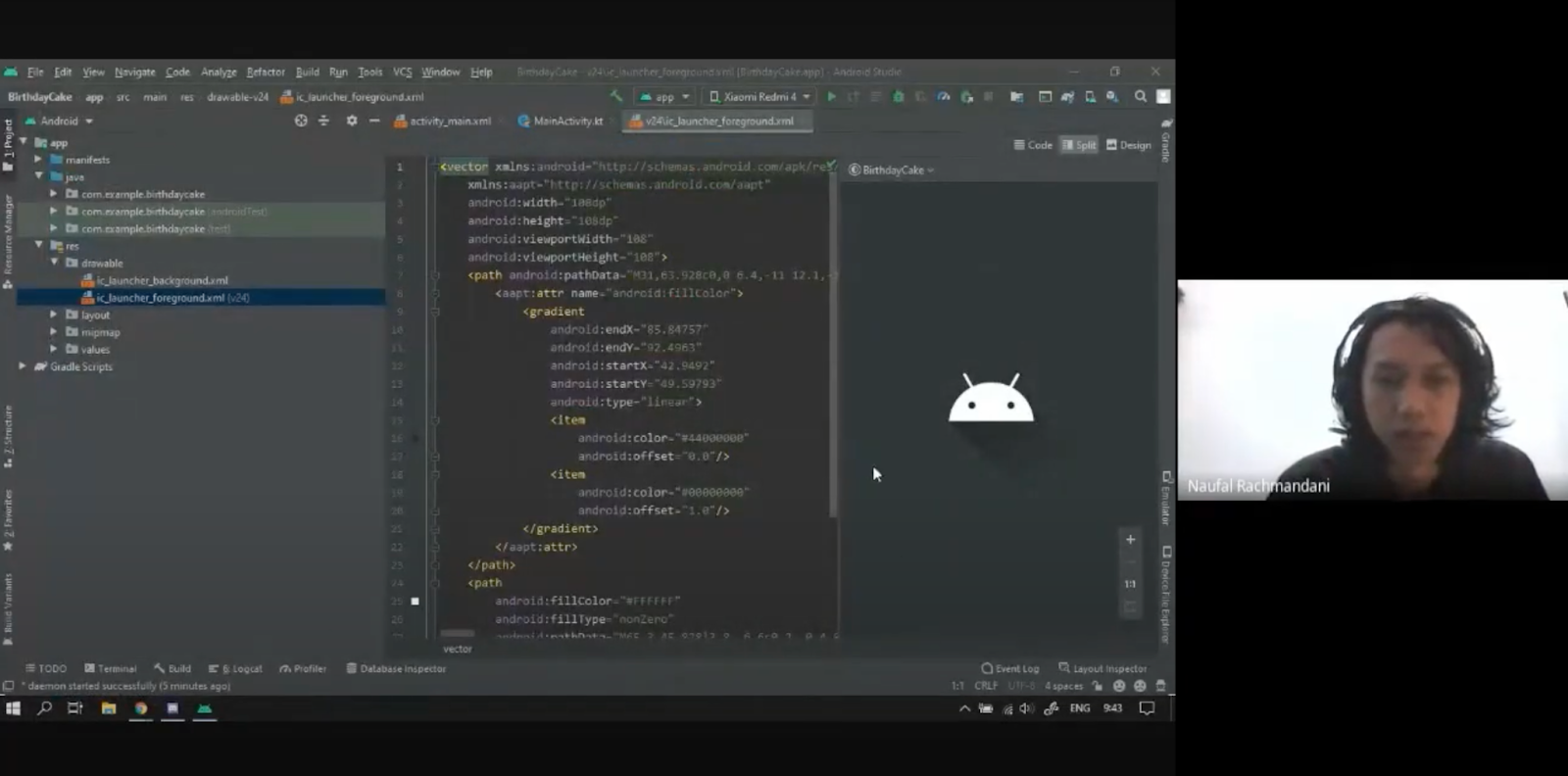Posted by Erica Hanson, Global Program Manager, Google Developer Student Clubs
Google Developer Student Clubs, a program of university based community groups for students interested in Google developer technologies, recently started hosting study groups called Android Study Jams. The goal? Learn Android app development through hands-on codelabs in an online curriculum provided by Google. There are two tracks: one for students who are new to programming, and one for those who already have experience. Interested in participating? Facilitator materials are available for anyone to host Android Study Jams in their community - take a look and get to building.
Google Developer Student Clubs are dedicated to helping students learn programming together, among peers, in a fun and interactive setting. While over 50 thousand students from all over the world have participated in these Android workshops, we wanted to highlight the exciting work from groups in Indonesia, Turkey, and Nigeria. From programming in Kotlin to building a series of apps, these students have put their minds to work.
Learn more about what these three clubs have been up to below.
Indonesia

(Image from UNPNVJ’s Android Study Jams where students are learning Kotlin)
Club members from Universitas Pembangunan Nasional Veteran Jakarta in Indonesia recently came together to host a virtual Android Study Jams session with over 60 students to learn the basics of building Android apps. Their student-run learning session covered several topics, including:
- An introduction to developing for Android
- An introduction to coding in the Kotlin programming language
- A tutorial on setting up and working in Android Studio
After the students felt comfortable with the basics of Kotlin and Android Studio, they combined their new skills to create their own layouts for a birthday card app.

(Image of Birthday cake app)
We can’t wait to see what the students from UPNVJ build next on Android thanks to their new programming skills.
Turkey

(Image from Medipol University where Nelson Glauber is teaching students the basics of Android App Development)
Medipol University in Turkey also hosted their own Android Study Jams by organizing a livestream with over 500 participants. Nelson Glauber, who was the first Google Developer Expert for Android in Latin America, led the event and helped students learn more about topics like:
- How to display text and images in an app
- Adding a button to an app and making it interactive
- Learning more programming concepts in Kotlin like classes, objects, and conditionals
After taking students’ questions, Nelson worked with them to build an interactive dice roller app that updates the screen after the results of a roll.

(Image of Dice Roller app)
Nigeria
The Google Developer Student Club at Kaduna State University in Nigeria tackled different codelabs and learning pathways in their Android Study Jams. In particular, the group worked on the following topics:
- Adding an additional screen to an app
- Learning how the Jetpack Navigation Component makes it easier to manage navigation in an app
- Learning the best practices of app architecture
With these new skills, the group is now able to start working on building more advanced apps that allow users to navigate between multiple screens.

(Gif of Cupcake app)
How to join a Google Developer Student Club and Android Study Jams
If you’re a university student looking to learn more about programming alongside a community of your peers, sign up for a Google Developer Student Club near you here. As a part of the community, you’ll have access to special learning opportunities, including Android Study Jams, on many of Google’s developer products.
If you want to lead your own Android Study Jams or explore other free resources for learning Android development, click here.

